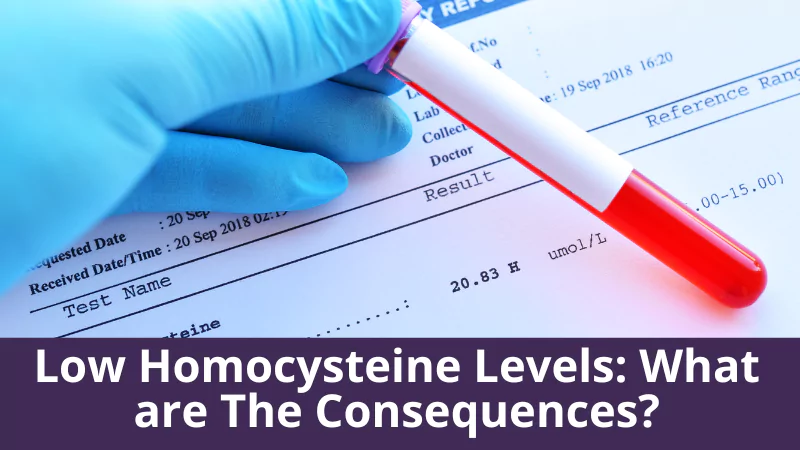Vitamin B12 is essential to human health. However, some people have inherited conditions that leave them unable to process vitamin B12. As a result they are prone to serious health problems, including developmental delay, psychosis, stroke and dementia.
Genes and B12 Deficiency
An international research team recently discovered a new genetic disease related to vitamin B12 deficiency by identifying a gene that is vital to the transport of vitamin into the cells of the body. This discovery will help doctors better diagnose this rare genetic disorder and open the door to new treatments.
The study concludes:
Our results show that ABCD4 colocalizes with the lysosomal proteins LAMP1 and LMBD1, the latter of which is deficient in the cblF defect. Furthermore, we show that mutations altering the putative ATPase domain of ABCD4 affect its function, suggesting that the ATPase activity of ABCD4 may be involved in intracellular processing of vitamin B12.
According to Dr. David Rosenblatt, research scientist in medical genetics and genomics at the Research Institute of the McGill University Health Centre (RI MUHC), a second transport protein was involved in the uptake of vitamins into the cells. This fortifies the evidence of another cause of hereditary vitamin B12 deficiency. This finding is also the first description of a new genetic disease associated with how vitamin B12 is processed by the body.
In previous work, the researchers discovered that vitamin B12 enters our cells with help from of a specific transport protein. In this study, they were working independently with two patients showing symptoms of the cblF gene defect of vitamin B12 metabolism but without an actual defect in this gene. Their work led to the discovery of a new gene, ABCD4, associated with the transport of B12 and responsible for a new disease called cblJ which is combined homocystinuria and methylmalonic aciduria (cblJ-Hcy-MMA).
What is cblF?
cblF was initially assigned to describe an infant with developmental delay and mild methylmalonic aciduria who was vitamin B12 responsive. The infant’s fibroblasts were found to accumulate free cobalamin, failing to attach to Methionine Synthase or methylmalonyl-CoA mutase.
By electron microscopy and subcellular fractionation, it was shown that most of the cobalamin was trapped in the lysosome, with only a small portion reaching the cytosol or mitochondria. Complementation studies confirmed the genetically distinct disorder. It was proposed that cblF represents a defect in the export of cobalamin out of the lysosome into the cytosol.
Clinically, cblF is a highly variable disorder. Most patients show failure to thrive in infancy and mild to severe developmental delay, but respond to vitamin B12 therapy.
What is cblJ?
cblj is a recently discovered defect in B12 metabolism. The new defect is caused by mutations in the ABCD4 gene, encoding an ABC transporter. At the moment, there is no clear distinction between the cblJ and cblF defects either clinically or biochemically, and both defects result in blocks in the transport of cobalamin from the lysosome to the cytoplasm.
One study highlighted the use of Exome sequencing to identify the cause of the mutations. By this approach, a homozygous mutation, c.423C>G, in the ABCD4 gene was identified.
Here, the researchers report successful application of exome sequencing for diagnosis of a rare inborn error of vitamin B(12) metabolism in a patient whose unusual presentation precluded diagnosis using standard biochemical and genetic approaches.
B12 Genetic Sequencing
Using next generation sequencing of the patients’ genetic information, the scientists identified two mutations in the same ABCD4 gene, in both patients. The researchers were also able to compensate for the genetic mutation by the addition of an intact ABCD4 protein to the patients’ cells, thus allowing the vitamin to be properly integrated into the cells.
The discovery will lead to the early diagnosis of this serious genetic disorder and has given us new paths to explore treatment options. It also helps explain how vitamin B12 functions in the body, even for people without the said disorder.








